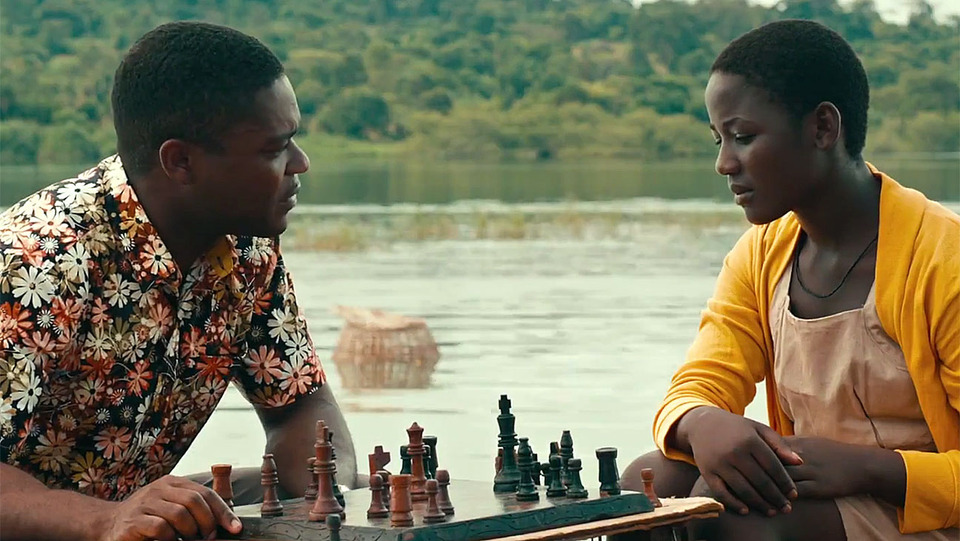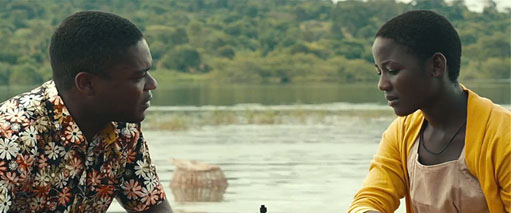Film Review: Queen Of Katwe
Unfamiliar Setting And Offbeat Subject Make This Sporting Drama Better Than Much Of Its Competition


Latest Article|September 3, 2020|Free
::Making Grown Men Cry Since 1992

